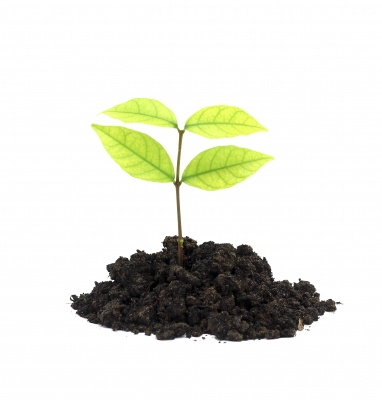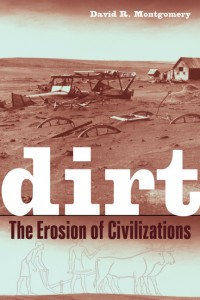[The following is a reprint of an article from the UBC Sustainability website. ASIC 200 is taught in part by Allen Sens, one of our UBC Mix supervisors. The course embodies all the values we look for in a good Mix project!]
Although the arts and the sciences may seem like completely different worlds, one course at UBC is bringing them together and crossing faculty boundaries to offer students a rich and integrated academic experience.
ASIC 200: Global Issues in the Arts and Sciences is one of only a few courses at UBC that belongs to both the Faculty of Arts and the Faculty of Science. The course is taught by one instructor from the sciences and one instructor from the arts and welcomes an equal number of arts and science students every year, resulting in a true mix of ideas in the classroom.
“When a student comes to UBC we compartmentalize them right away. For the most part they either go into arts or science and there’s not a whole lot of academic interaction, and in fact, there may be none for some of our students. I think the real value of the course is reinforcing the need for that integration,” says Dr. Allen Sens, ASIC 200 Instructor and Senior Instructor in the UBC Department of Political Science. He specializes in international conflict and conflict management.
The course has been running for four years and focuses on providing students with an interdisciplinary, and broad, perspective on global issues that empowers them to become engaged citizens.
“Most of the global issues that we face, such as climate change, genetically modified organisms and global poverty, are really grounded in both physical and life sciences and the social sciences and humanities. In other words, to understand the nature of these challenges you have to know, or be literate, in both the arts and sciences,” Dr. Sens says.
ASIC 200 is one component of The Terry Project which was created by Dr. Sens and co-instructor Dr. David Ng, a geneticist and Senior Instructor at the Michael Smith Laboratories at UBC. Terry, as it’s affectionately called, offers students a multi-level exploration of global issues through an integrated speaker series, a website and the course.
“The Terry Project really is an umbrella, if you like, for a set of activities that try to enhance interdisciplinary science and arts teaching and learning at UBC,” says Dr. Sens.
In the classroom, students participate in lectures, two lab experiences and a group project, with both Dr. Sens and Dr. Ng present at every session. Dr. Sens says this team teaching model makes for an interesting discourse.
“I think there’s value in that the material isn’t compartmentalized. I am there if any issues come up on a social sciences and humanities side while Dave is lecturing about the physics of climate change, for example. On the other hand, Dave is there to answer any science-related questions that arise out of a discussion on the politics of climate change, so having both of us in the classroom reinforces the integrated nature of the material.”
With so many global issues to explore across two disciplines, Drs. Sens and Ng designed the course to focus on select global issues—and to meet the learning needs of all students, which is an ongoing challenge. “When designing the course, I think the biggest challenge we faced was focusing on what the absolute need to know material was,” Dr. Sens says.
“The second challenge we faced was an awareness that a lot of the science material might be quite familiar to many science students, but unfamiliar to arts students. We also noted that the reverse would be true, so the challenge for us as instructors was, how can we make sure that we’re teaching at a level that doesn’t bore one half of the class, but is over the head of the other half of the class? I’m not sure we’ve ever achieved that perfect balance, but I think we’ve gotten better.”
The ultimate goal of the course is to open students’ eyes to new ideas and perspectives. “All that we’re really after is that awareness, since we can’t give them all the material in second year,” he says. “What we’re giving them is this tool that says, be aware that in virtually anything you decide to go on to do, there’s going to be a science and an arts dimension to it, and you need to be alert to this and know where to look and where to go to get information on both dimensions.”
One of the incentives for taking the course is that science students can take it to satisfy their lower-level arts requirement, and arts students can take it to satisfy their lower-level science requirement, but Dr. Sens says the course offers much more than just academic credit.
“I think students come out of ASIC 200 with the most important message, which is that you don’t have to be an expert in arts if you’re a science student, and you don’t have to be an expert in science if you’re an arts student, but you’ve got to be familiar with how these worlds are important when it comes to the big global issues of our time.”
Story by Madelen Ortega, Sustainabiltiy website writer, Article reprinted from http://sustain.ubc.ca/teaching-learning




